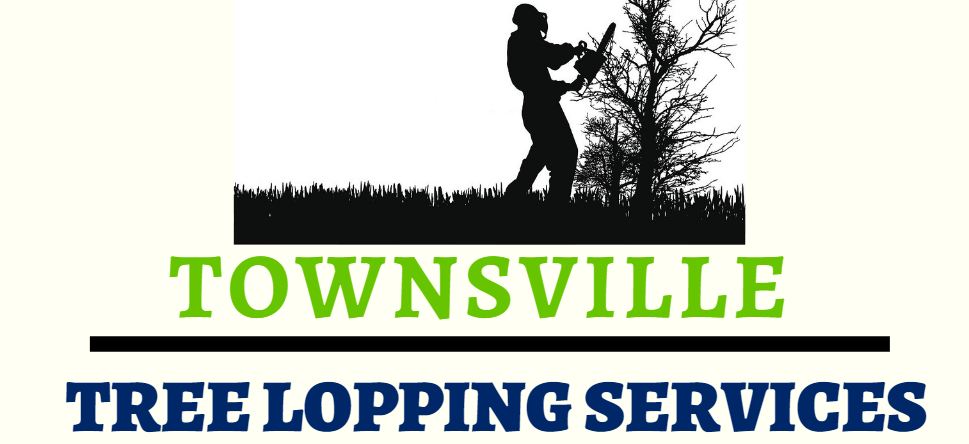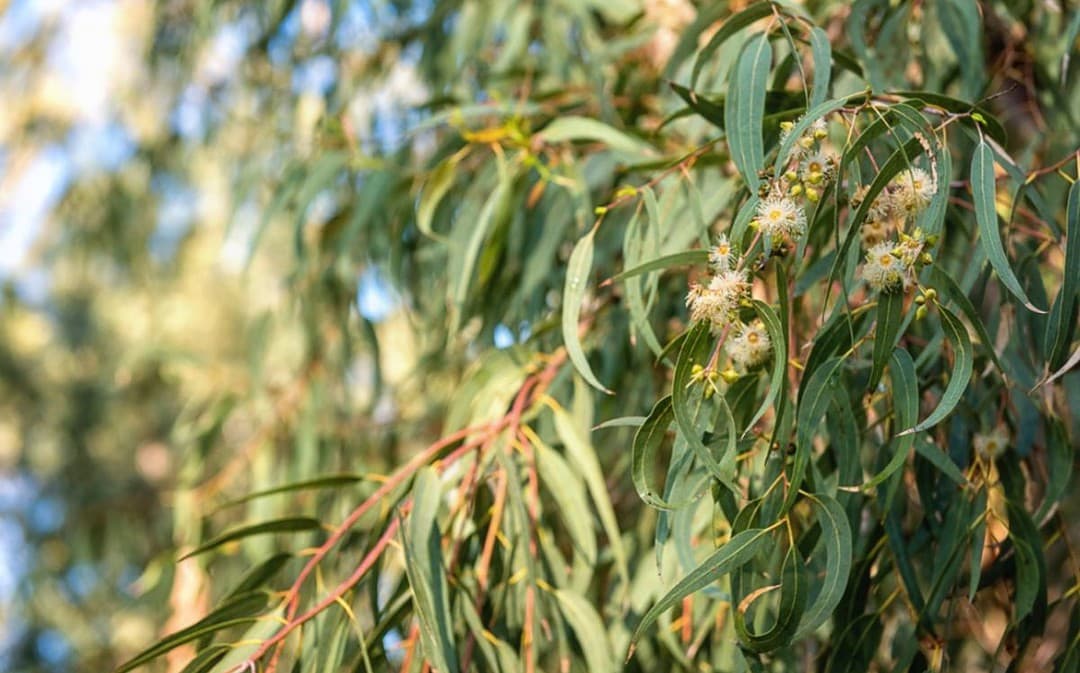Eucalyptus trees are a popular choice for landscaping in many parts of the world. They are known for their tall, straight trunks and glossy leaves, and they can provide welcome shade on a hot day. However, eucalyptus trees are not without their drawbacks. One of the most significant problems is that they are very thirsty plants. In drought-prone areas, planting eucalyptus trees can put stress on local water supplies. In addition, these trees release a large amount of pollen into the air, which can trigger allergies in some people. Finally, eucalyptus trees are flammable and can contribute to wildfires if they are not properly managed. Overall, eucalyptus trees have both positive and negative qualities. Those who are considering planting them should weigh the pros and cons carefully before making a decision.
Table of Contents
Eucalyptus Tree Information – Pros and Cons
Avoid planting tree species that are not well suited for your yard. Knowing the pros and cons of eucalyptus tree species will help you make informed decisions about what to plant in your yard.
72tree.com gathered the following information, the pros, and cons of eucalyptus trees and how they affect their surroundings.
Eucalyptus Trees
Eucalyptus globulus Labill is an evergreen aromatic tree in the Myrtle Family (Myrtaceae). The tree species commonly reaches 150 to 180 feet in height and has a diameter of 4-7 feet. This tree has a straight trunk up to two-thirds of its total height and boasts a well-developed crown.
Eucalyptus Tree Foliage
Eucalyptus tree species are evergreen. Unlike other northern hemisphere trees that are deciduous in harsh fall and winter periods, eucalypts have leaves all year. These trees are described as ‘sclerophylls,’ meaning ‘hard-leaved.’ The species’ leaves are thick, leathery, and tough due to lignin and do not easily wilt. When eucalyptus trees are used for privacy screening, this attribute is their greatest pro.
Eucalyptus Tree Stands
A properly functioning watershed has a forest or tree stand with three canopy levels; a lower (understory), middle (middle story), and top or (overstory). With all three canopy levels, the trees can better trap water by slowing rainfall, trapping mist from the air on leaves, which drips into the soil and naturally replenishes the water table below. However, when the stand or forest is composed of eucalyptus, there will only be an overstory canopy level, and the ground will be practically devoid of understory trees and plants.
The leaves and roots of eucalyptus trees inhibit other plants from growing under them due to naturally-occurring chemicals. Having no middle or lower canopies causes soil to easily dislodge and wash downslope through streams and rivers, which can rapidly increase land and soil erosion.
Note: Many plants produce compounds that will inhibit or stop the growth of nearby plants to better compete for nutrients, sunlight, and other vital resources. This is known as allelopathy, and black walnut, maple, pine, and eucalyptus species are some of the better-known examples of tree species that employ this. Allelopathy is a severe con to planting eucalyptus trees on your property.
Invasive Eucalyptus Roots
Since a eucalyptus tree’s lateral roots spread up to 100 feet outward, they are known to grow into ditches, plumbing pipes, and septic tanks, damaging, clogging, and cracking them. In fact, eucalyptus roots penetrating or lifting foundations is a common complaint when this species is planted too close to home.
If you choose to plant eucalyptus trees, you can limit or prevent some of the dangers associated with its shallow root system by placing root barriers and with proper planting and maintenance. Plant eucalyptus trees so the distance away from utilities, structures, driveways, sidewalks, and roadways is equal to two-thirds the potential maturity height of the tree.
Note: Eucalyptus roots will typically encroach on a structure’s foundation only when there is an active water source like a burst pipe or poorly connected drain. This attribute of the eucalyptus species is a severe disadvantage to its planting.
Eucalyptus Tree Dangers
While there are many attractive advantages to the eucalyptus species, there are some downright terrifying disadvantages to having the species anywhere near your property. Consider these eucalyptus species’ cons:
Water – Eucalyptus trees have a terrible reputation as extensive water users and significant contributors to soil depletion. While they do need copious quantities of water, their colossal taproot can find moisture even in the most barren areas. This voracious appetite helps maintain their incredibly rapid growth.
Toxicity – Some homeowners place eucalyptus leaves around their homes for their aroma or will plant eucalyptus in their landscapes. However, eucalyptus plant foliage is toxic to animals and humans if ingested.
Toppling – Eucalyptus trees are prone to falling because of their shallow spreading roots that don’t do an efficient job of anchoring or steadying the tree in loose soil or when an external force places overwhelming pressure against the trunk and branches.
Exploding – Eucalyptus oil gives off flammable fumes, and these fumes can be ignited by lightning, flying sparks, and cinders, causing the tree to explode.
Fireballs – During brush or forest fires, the eucalyptus species releases great quantities of flammable gas that mix with air to produce fireballs full of sparks and embers exploding out in front of the fire.
Note: According to North Carolina State University, eucalyptus foliage and bark are considered poisonous in large amounts. If too much is ingested, nausea, vomiting, and diarrhea can result.
Eucalyptus Tree Uses

Knowing the dangers posed by growing eucalyptus trees, it is difficult to believe that anything good can come from this species. Consider the following (surprising) benefits:
• Eucalyptus oil is naturally antibacterial and anti-fungal
• Eucalyptus vapors can decrease and clear mucus
• Eucalyptus is used for household cleaning
• Eucalyptus soothes and refreshes dry skin on contact
• Eucalyptus is an efficient insect repellant
Note: Topically applied, eucalyptus can offer you a break from everyday aches and pains.
Eucalyptus Trees Species Pros and Cons
In this article, you discovered essential information, pros, cons, and unusual species traits for the incredibly robust eucalyptus tree species.
Knowing the advantages and disadvantages of planting a eucalyptus tree on your property will help you make informed decisions about planting distances and tree safety.
Planting a eucalyptus tree without knowing how to care for and it’s potential for invasive roots can unintentionally cause costly damage to your property.

